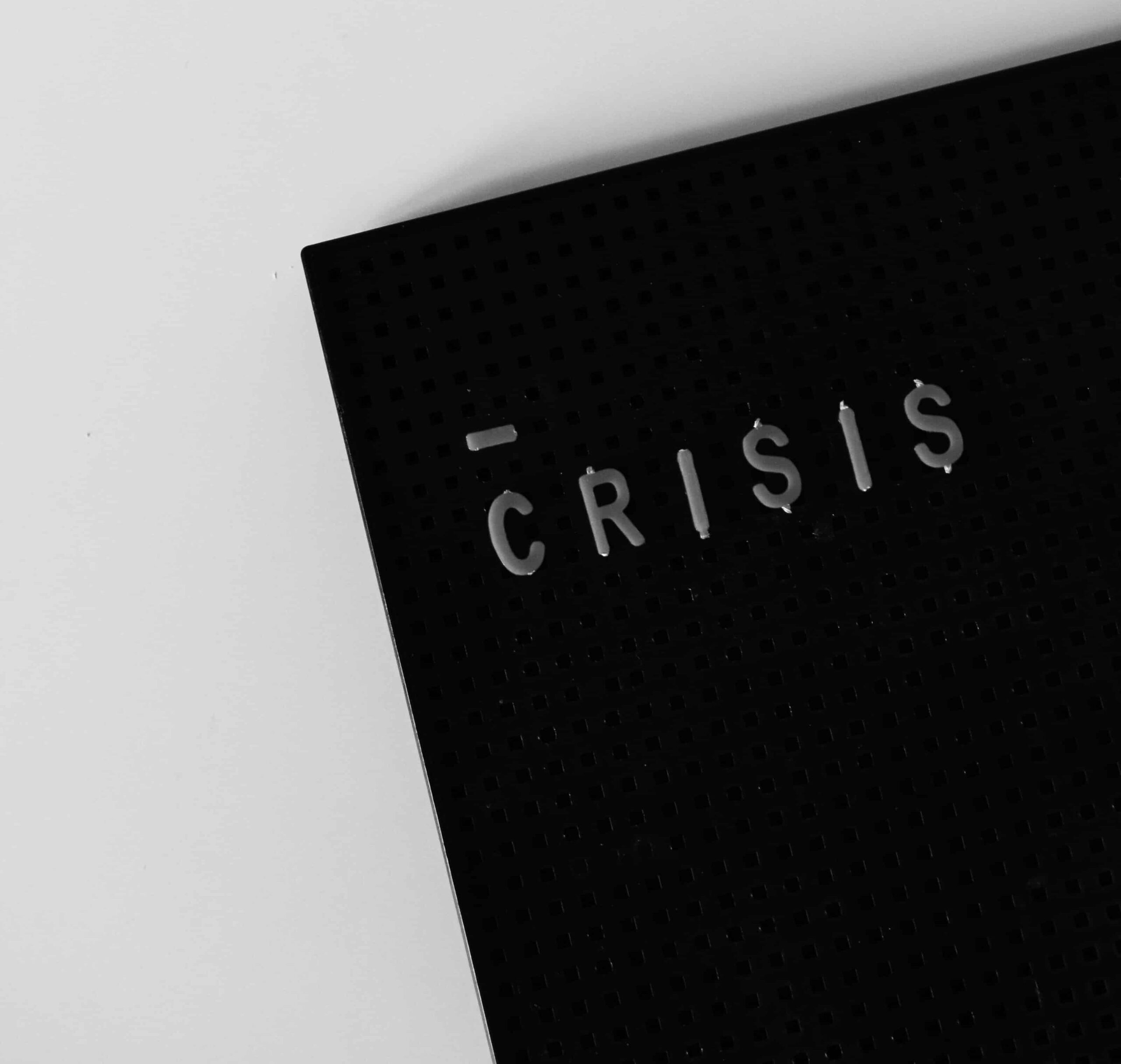As the world becomes more connected, the risks of a crisis happening to any business are increasing. A recent study by Edelman found that one in two business leaders have experienced an increase in the importance of responsibilities across crisis management over the past 5 years.
The 2022 Edelman Connect Crisis Study also highlighted that 60 per cent of these leaders say they don’t have the right skillset in their staff to manage the wide range of issues and crises businesses can face today.
Most common crises or issues faced by businesses
In the report, business leaders highlighted six types of issues or crises that they had to deal with in the past 3 years.
1. Online and social media attacks (46%)
2. Supply chain issues or disruptions (31%)
3. Talent shortage (24%)
4. Issues related to diversity and inclusion (24%)
5. Issues related to climate and environmental sustainability (21%)
6. Activism (by shareholders, customers or other corporate) (18%)
It’s predicted that these issues are here to stay, with threats of cybersecurity, supply chain and labour issues remaining key areas of concern in the future for executives.
Other key takeaways from the study include:
Businesses underestimate the role they need to play in societal issues
Companies are struggling to keep up with the overwhelming volume of problems in society. In today’s world, consumers are more empowered than ever before. They expect companies they buy from to communicate on current societal issues and not be limited by company borders or geography.
Gen Z is a big driver for changing attitudes to crisis management
Companies that don’t serve Gen Z will be left behind as this group, aged 12 – 25, enters the workforce, makes purchasing decisions and takes on society’s challenges.
According to this research, there are many reasons why it’s important to pay attention to this generation including the fact that Gen Z is challenging companies by pressing them on societal issues that many other generations wouldn’t even consider addressing; they’re also using activism as a way for change-making in their communities or world at large. This generation said it is important that companies or brands actively communicate their stance on key social issues.
Whether Gen Z is your target audience or in your workplace today or in the future, understanding their expectations of brands matters right now.
The Way Forward
The study’s authors say that business leaders need to be more proactive in managing crises and developing plans to address them, and included the following 5 actions every company can take to manage risk:
- Reflect on the expanded responsibilities and prioritisation of crisis management with appropriate resources across staffing, planning, and training.
- Start now and begin the critical task of building a trusted, fair-process workplace.
- Strengthen your infrastructure around societal issues.
- Make sure you understand your stakeholders and audiences and align the crisis function to this changing, Gen Z-influenced landscape by evolving your organisation’s crisis insights, preparation, planning and execution capabilities.
- Place integrity and dependability at the core of your crisis response activities, and ensure they are reflected in actions as well as words. Be honest and be prepared to follow up on commitments you set.
As the world becomes more connected, so do the risks to businesses. In order to be prepared for a crisis, it is important to understand what people expect from businesses during difficult times.
The 2022 Edelman Connected Crisis Study provides valuable insight into these expectations. By being aware of these findings, businesses and future business leaders can better prepare themselves – and their employees – for whatever comes their way.







